In the past six months I’ve had the amazing privilege of working with four very different editors for three of my published and one soon-to-be-published works. These experiences have ranged from a single round of edits to the multiple-rounds that are still on going with my novel. Each editor had a different style, looked for different things, had a different timeline. With so many variables, it is difficult to come up with sound advice regarding the editor/writer relationship, yet I find I do have some words of wisdom that may help newly published or about-to-be-newly-published writers navigate these scary waters.
Trust your editor.
Agent Jessica Faust of Bookends Literary Agency says just that in her blog post Trusting Your Editor. “I don’t ever think you should have an editor you don’t feel you should be able to say a word to…An author-editor relationship is a partnership. You’re both trying to make your book stronger.”
In the best of all possible worlds, you did thorough research into the publishing house you submitted your ms. to. You looked at some of the books that publisher released to judge the quality of the writing/editing. If you knew authors who published with that house, you asked them about their experience with the editor. If you did not do this before, do it now. Forewarned is forearmed. (It’s a cliché, but it got to be that way for a reason.) Knowing your editor before you work together may help smooth the path to a good working relationship.
If you go into the editing process knowing that the house wants things a certain way or a particular editor doesn’t like certain things, you will not be devastated when your first round of edits arrives lit up like a Christmas tree with multi-colored strands of highlights. The first round of editing I ever received convinced me that I should never have submitted the manuscript in the first place–there was too much wrong for it to be good. My editor convinced me this was not the case, but that there was work to do.
This is a major task of the editor–to convince the writer that a fresh set of keen, trained eyes, knows better than your eyes that see only wonderful characters and brilliant dialogue. The editor sees this and more. They see misplaced commas, disagreement between subject and verb, unnecessary words that hinder rather than help your prose, and wandering body parts. (Eyes do not dart around the room nor do fingers entangle themselves in hair.)
Like a sculptor who chips away at the rough-hewn block of marble, removing the unneeded chips, smoothing the planes, gouging here to make that one line deeper and therefore more meaningful to the viewer, so does the editor attempt to make your manuscript more meaningful and pleasurable to the reader.
And this is where collaboration comes in. Because you, the author, have the final say (well, mostly final say). You have the right to refuse any and all edits except for those that are set by house style. If the house style says that you cannot have a semi-colon used in dialogue, they you cannot have it. End of story. Otherwise, edits are up for negotiation. You can refuse them. If you do, your editor will probably re-insist in the second round. And from what I’ve heard, some fights have broken out over such things. Try, however, to come to an accord that you can both live with.
My best advice is to give all edits due consideration before rejecting them. If your editor has not supplied a reason for a change, and you feel very strongly about altering the material in question, ask them to explain. This may sound like a simple suggestion, but for me it works. During the editing for Hog Wild, my editor suggested cutting part of my chapter titles. I really didn’t want to do that. The book was a Fractured Fairytale and this particular part of the title I thought sounded very much like the titles in a children’s book and I wanted to make that connection. After I rejected that edit twice, the editor asked me my reason for wanting to keep it and when I explained she wrote, in effect, “This is an erotic story–do you really want your reader to think of Winnie the Pooh?” I changed it.
The moral of the story: pick your battles wisely.
I have not spoken about the problems of finding an editor if you are self-publishing, but author Vicki Tyley’s article The Editor: A Writer’s Fairy Godmother or Ogre for The American Editor explains the various levels of editing, how necessary editing is to your work if you are self-publishing, and how essential it is to find your Fairy Godmother Editor before committing to the relationship.
What has been your experience with editors? Good, bad, ugly? Do you find yourself mostly accepting or rejecting edits or is it totally dependent on the work in question/editor in question? With the rise of self-publishing, do you think we will eventually see the switch from Literary Agencies to Editorial Agencies?









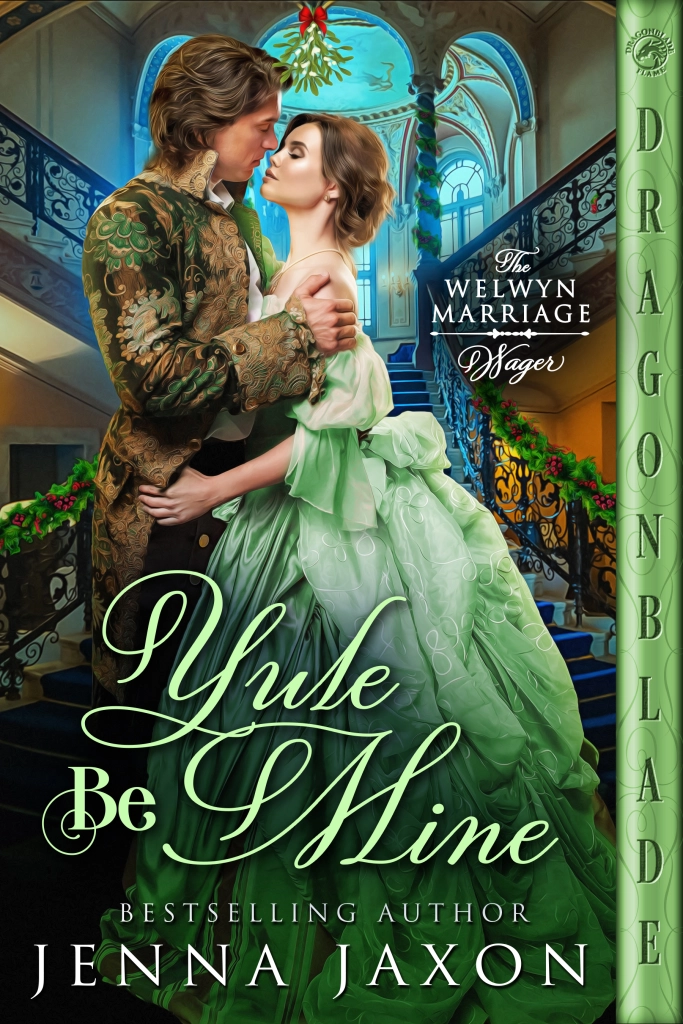


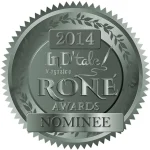
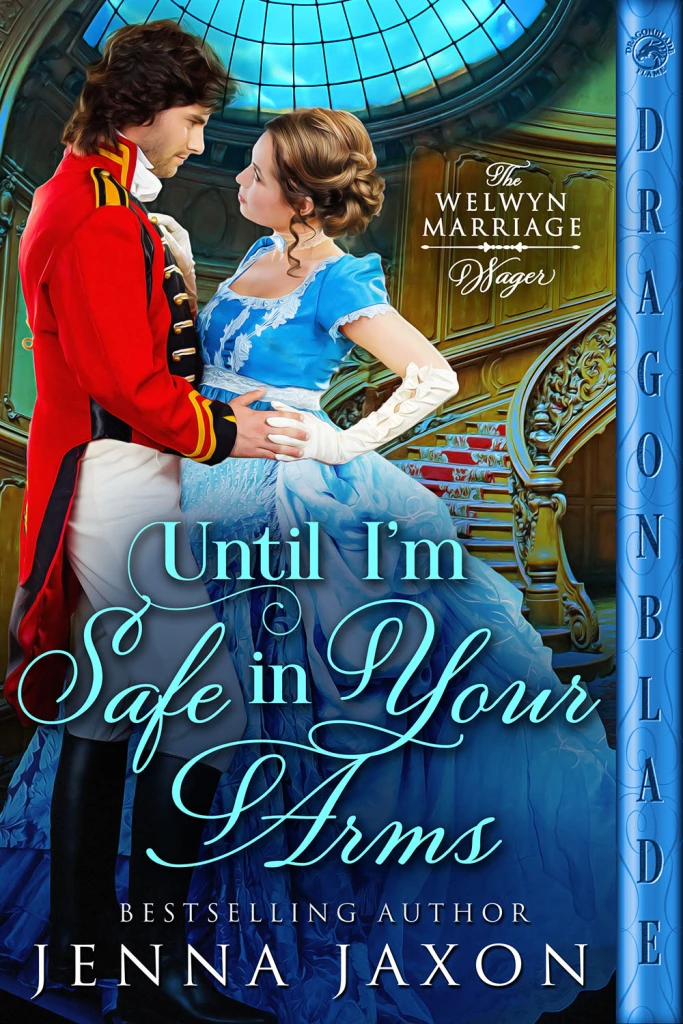
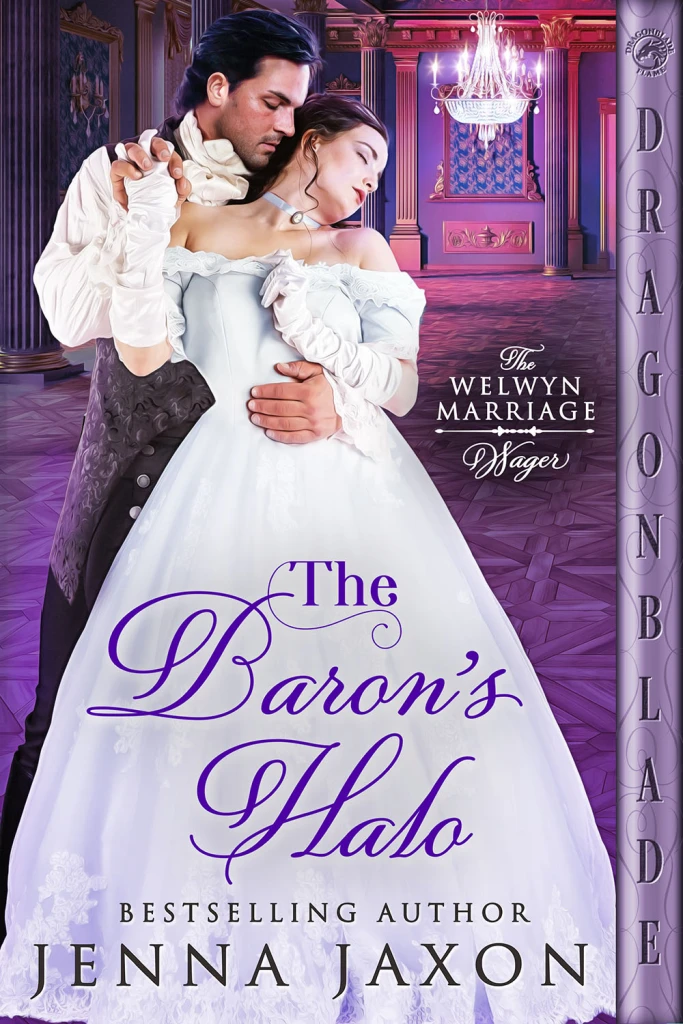
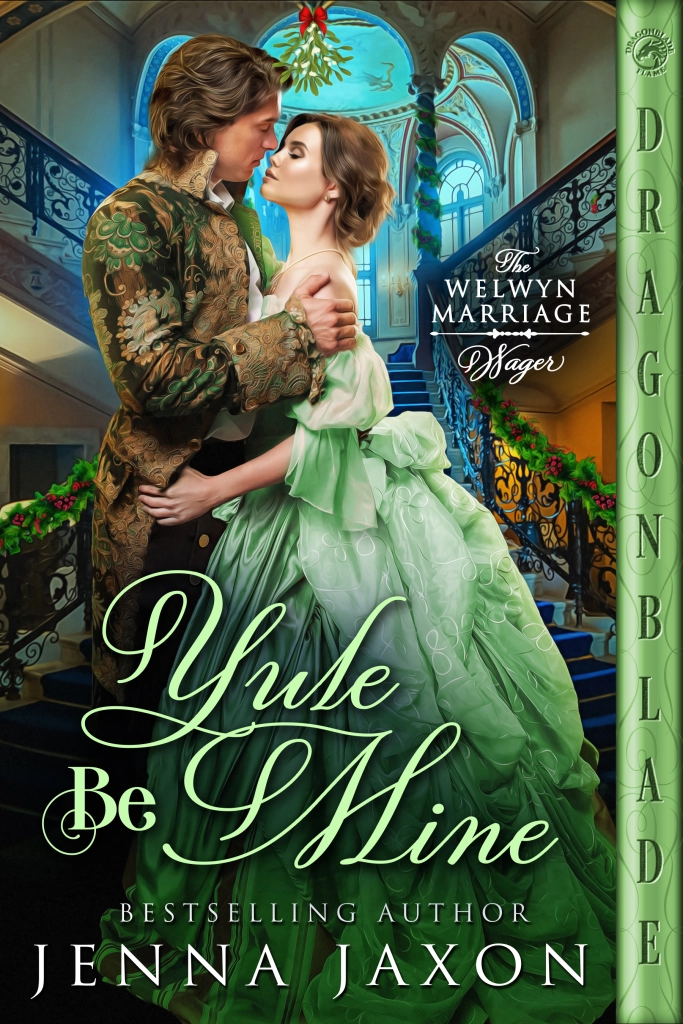


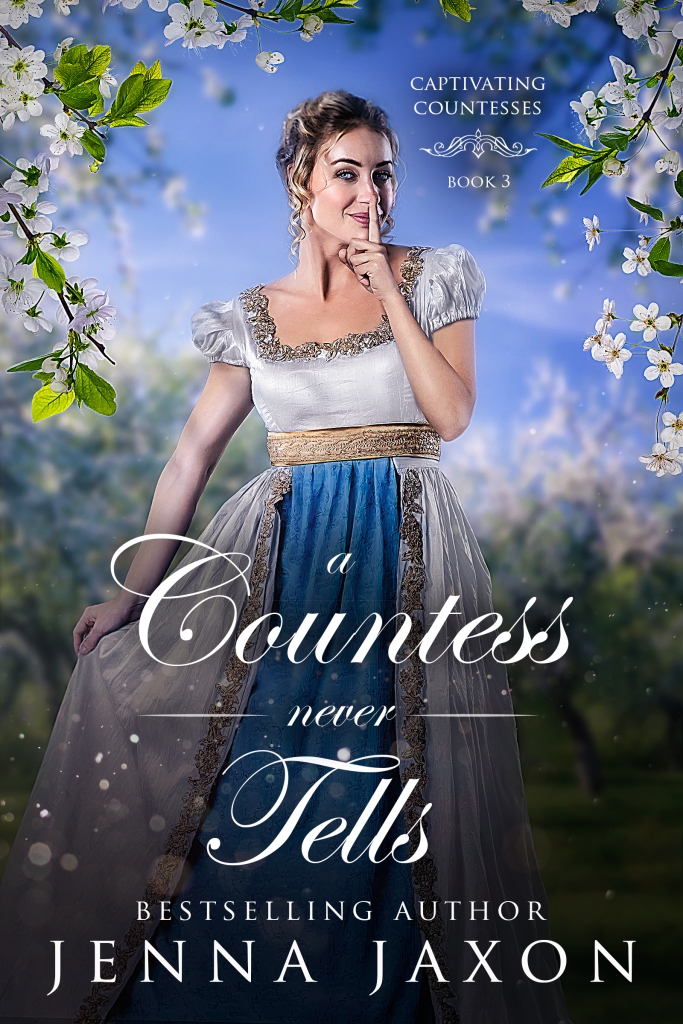
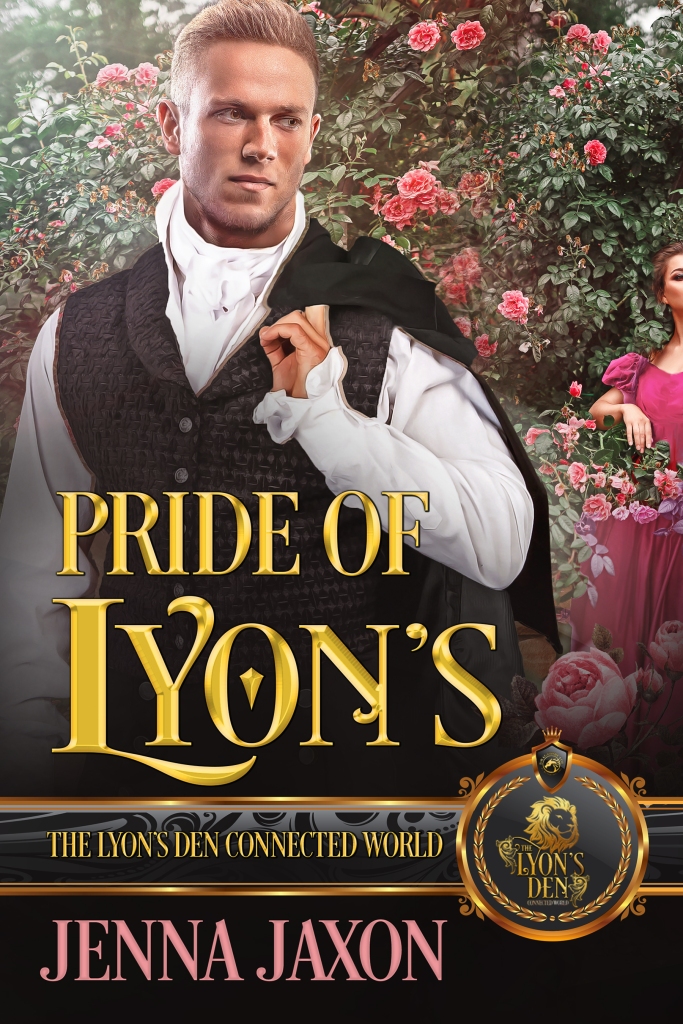
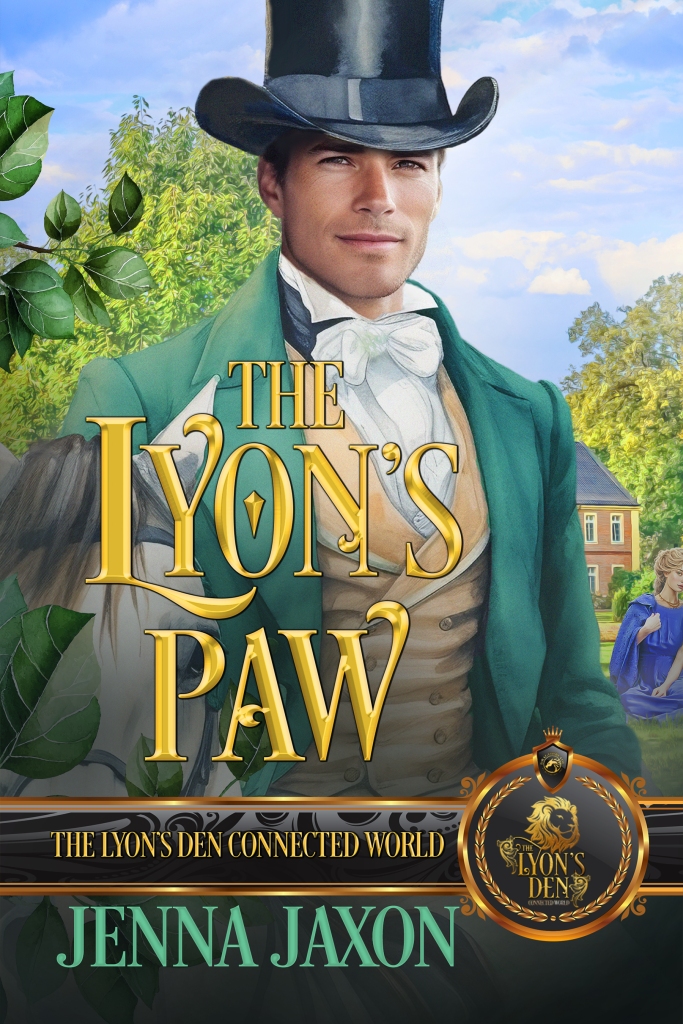
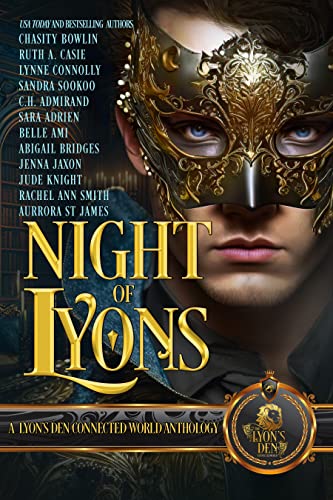




















Great points – hope I get to experience these steps myself this year. I think the only thing more frustrating than getting back a manuscript that looks like a Christmas Tree is receiving no feedback whatsoever.
LikeLike
I write under two names and have different editors over the years, since I write in different genres, plus nonfiction ghost books. Mainly, I’ve had no problems with any of my editors. They’ve been very helpful, making my book the best they can be. Only one didn’t answer name of a nationality in a novella of mine and when I sent a link which showed my spelling, she agreed it could stay. Same for a title of my new ghost book–sent a link about the area being called what part of the title said and that title was left in (plus they got permission to use a map of the area–it’s on the cover with picture of one of thw historical haunted houses I took).
Now I get more guff from crititque partners–some I agree, some i don’t. That’s because I don’t want to lose my voice, something none of my editors have tried to do!
LikeLike
I’m glad to hear others have had good experiences with editors as well. I believe it’s the same with finding friends or crit partners or life partners–some people fit together naturally. You just have to keep trying to find that one person who works well with you. Thank you for commenting, Sapphire. 🙂
LikeLike
Happy New Year everyone! Thank you for posting this. I considered posting a blog about something similar today, but I had something to take care of that interfered. I am an author, I’ve never given one editor in particular any reason to wanna string me up. But I have had editors in the past that didn’t have any clue past the passive and telling editing my work. They didn’t get the reprieve for it, me and my work did.
Now, I am an editor. I have grown so much in my writing because of it. So for all authors out there, I suggest this. If your editor sends you the ‘editor’s creed’ do not take it offensively. They’re simply letting you know that it is their job to make your work shine the best it can. Believe me when I say that I had an author get offended although I explained it was a part of my style to let people know that for me this is a job. One I enjoy doing, but a job. I’m not there to be their fan. With the right concentration on my part applying the edits to the manuscript, I have all the time afterwards to be a fan of the work. And would be more than happy to be.
If you have any doubts at all whether or not your editor knows his/her stuff, download the Chicago Style Manual and read it. Also, go on the internet and search for writing styles, grammar, and punctuation. Don’t do it for the purpose of trying to show your editor that you know more than them, but for the fact that you want to learn. Keep in mind that each publisher has their own set of rules to add to the overall. It’s likely not the editor, but it may have to do with how the publisher wants things done as well. As an author, I have one very good editor friend who helps me out with my work. When in doubt, I email her and ask her.
Remember too the most important thing. Ask questions, your editor will be glad you did because that shows them you want to learn from whatever it is they corrected and why they corrected it. If you email them in bad temperament, chances are, that isn’t going to either of you anywhere. I know from experience there too. On both sides of the fence. If something your editor has done has really made you furious, email them to acknowledge the fact you received your edits and will work on it as soon as you can. Otherwise, leave the rest alone until you can think clearly.
Blessed Be! 🙂
LikeLike
I am so glad editors have been responding to this blog post, because I wrote this from my very limited experience as an author, not an editor. My take on the relationship may be quite different because of that.
I am happy to see you advocating correspondence with your editor, Angel. I do write to mine if I have questions, but I somehow feel that if my questions or comments get lengthy I may be taking up time they need to spend on other things–like editing other manuscripts. My latest editor sent me a wonderfully long email answering questions in detail and addressing general concerns about my writing and the editing process. It went a long way to allying my fears, but I don’t know how often editors have the time to get extremely detailed in their answers. In the end, for me, the unknown factors of what an editor does and why are the most nerve-wracking. When I get explanations I deal much better.
Thanks so much for posting! BTW–I used The Chicago Style Manual for 10 years while working on my Ph.D. so I know what you’re talking about with regard to editors knowing their stuff. 🙂
LikeLike
In all honesty, I’d much rather take the time to answer those questions and have the author understand where I’m coming from and why I’m suggesting the changes. It makes it easier in the long run. I happened to see where you posted in Publishing Trove about this in my digest, lol. I’ve found it easier on both me and the author to take the time in lengthy explanations. It made our working relationship so much smoother. Because it’s communication for starters, and B helps the one your working with understand the method behind the madness.
As an author, I fully understand getting the manuscript back and seeing all that crossed out stuff and dozens of comments and totally be like WHAT??? lol. At the same time, I’ve had the unfortunate pleasure of working with a couple authors who were really, really, not nice and I had no choice but to be tough. I found with my tough one that I actually learned from the experience more than with a lax one. Main thing authors have to remember is that editors are readers too. And if something throws us out or pauses, then it will affect the reader. We want what’s best for the author and for the book. I was glad when I run across this post. 🙂
When there’s no communication between the two, things can be taken so very wrong on either part and that is never a good thing. Editing and being an editor is very hard. You never learn enough fast enough. If an editor is willing, the author needs to offer to call that editor and speak over the phone. Not alot will do that at all. I’ve found that it actually helps communications. When you have 5 authors ms’s, it is really difficult to get back to the author in a timely manner. From an editor’s pov, please be patient waiting for a response, lol.
LikeLike
I’ve worked with a few editors in the last year and have learned and grown from them. All in all I think my writing is stronger now because of them. Generally speaking, I love editors.
LikeLike
I have had the utmost respect for my editors so far. They have all–on varying levels–improved my works and my writing skills immeasurably. I too feel stronger as a writer because of their help and guidance. Thanks for coming by, Casea. 🙂
LikeLike
Happy New Year, Jenna. I regard my working relationships as team members. In my husband’s business, his employees are our TEAM. No hierarchy here. Sometimes we need to instill that thought into others to make our efforts flow smoothly. Othertimes I need to remind myself of that fact. You wrote a great post today.
LikeLike
Thank you, Sheri! Writers would do well to think of their agents, editors and publishers as their Dream Team. If they can all work together, they can make dreams happen. Great analogy!
LikeLike
I’ve learned a lot over the years and editing is a difficult process for both the editor and the author. Tracked changes, comment boxes, and colored highlights tend to make an author groan but I can promise, it’s twice as difficult for the editor to do it.
I have a few people who act as crit partners for me. I may not agree with their suggestions, but I always stop and try to see it from their viewpoint. Just the fact that they stopped reading to insert a comment means I’ve written something to yank that “editor” chain. Sometimes it’s a word or two above that sentence that really needed to be fixed so that everything flows better.
But editors are essential because we never see our own words as they really appear on the page. On the flip side, never be afraid to speak up and defend your words. And as for those comma errors? A comma can change the meaning of a sentence. Pay attention to them and don’t just routinely accept them. Editors are humans, too. They make mistakes, too. Read through edits carefully. They are meant to make your words shine.
E. Ayers
LikeLike
I do agree that if something has drawn a comment it means it has given the reader pause. Now if you wanted them to pause and comment that’s fine, but usually it means they have been pulled out of the story and you the author need to see and understand why.
About me and commas: I seem to be the Queen of the Superfluous Comma. 🙂 When in doubt, pause is my motto. LOL But I agree, commas can change meaning drastically, i.e. eats shoots and leaves. Next round I’ll pay a little more attention, I promise. 🙂 Thanks, E.
LikeLike
I’m in the process of having my MS edited. I’m lucky because my editor is one I highly respect and she knows my story, my voice, and my characters very well. And I know she is tough as nails, but she’s also fair and respectful–and she knows my main weakness: commas, LOL.
LikeLike
Oh, God, Brenda! i don’t even look at the comma edits, just click “accept” and move on! LOL Glad you and your editor have an accord. That makes the painful process a lot easier. As I said in the post, trust is the key and you seem to have that with your editor. Congrats! 🙂
LikeLike
I don’t have an editor, but a friend pubbed at HQ used to hate her editor. Hated most things she wanted to change. They had a contentious relationship that ended last year when my friend left HQ for good.
LikeLike
I haven’t had dealings with HQ, so I don’t know their reputation for editors, but this doesn’t bode well. Of course, you can probably find one or two unpleasant editors at any house, certainly at one as big as HQ. I’m just surprised that they wouldn’t have offered to change her editor if there was that big a problem. Thanks for commenting, D’Ann.
LikeLike
I too occupy both sides of the table, being both an author and an editor. As an author, I have gotten nightmarish editors who said hurtful ridiculous things and who ended up being replaced. I have also worked with some very nice editors. As an editor, I strive to work with my authors, to make them feel that we’re working together to produce the best work possible. I try to show them my appreciation for being allowed to work with them, and I can honestly say I’ve enjoyed working with them all, and reading their stories. One thing to remember is mutual respect. Another is be willing to listen, on both sides. No one is always right, or wrong. Anyone can learn something new.
Great post!
LikeLike
That is absolutely true, Julie. Mutual respect will make any relationship work better. And keeping an open mind about changes. You are so right–my learning curve in the past six months has a steep climb. So much that you don’t know you don’t know, until someone points it out. Thanks so much for commenting!
LikeLike
great post. 🙂 I will put on my editor’s hat. I think the absolute biggest thing that an author needs to keep in mind is that the editor is on her side–not out to get her or make her feel bad (though I can understand that a poorly phrased comment via track changes can feel like a knife to the heart!). The editor’s job is to really look at the book as objectively as possible and find any instances that can be misconstrued by the reader in really any way. The author has been nose-deep in the writing for a long time–and the editor is coming at it fresh. We want to make sure that everything is consistent. We definitely want to be the one to find out that Jack’s missing finger in chapter one is mysteriously back in chapter 12–the writer really doesn’t want 500 readers finding that error! lol I try really, really hard not to mess with the author’s voice, and I don’t change lines of text–I tell the author to rephrase icky or awkward stuff. Then we look at it again. I will disagree with you a little bit, though on one point. You generally do have to edit things that the editor asks you to. You can push back, sure. A good publisher will work with you (and there ARE publishers who will NOT) and will try to find ways to work around the issue. But generally, if there is a content issue that the editor wants changed (and it has made it up through to the SE and the ME and the ED…and possibly the PUB)… you’ll have to change it somehow. Hopefully, you will be at a good publisher who will work with you on options (and those being YOUR options, not just THEIR options). I have definitely heard of places where you have to accept the editor’s edits, though (I don’t work for one of those, lol).
LikeLike
Thanks a lot for that insight, Kerryadrienne! I have been fortunate enough not to have had a problem with content edits as of now. Most of the comments I’ve had recently were like the ones I mentioned, thank goodness. And I’ve been very accepting of edits because I could see how they would help the book be better.
But your comment brings up a question, probably because I’m so new to this process. If there is a content problem that the editor knows will need to be changed, wouldn’t they make that clear to the author before accepting the work? It would be rather horrible to have a work accepted and then broadside the author–sort of like Patricia’s editor–with a big change that the author might not be willing to compromise on? Does this happen?
LikeLike
I definitely cannot speak to all cases, but we do talk to the author before the contract about the general changes that will need to be made. We don’t get into all the details, though, because the first pass hasn’t been done (no point in doing the whole pass when you don’t know if the author will accept the contract. A first pass takes a lot of hours to do!). Content editing can be anything from major plot issues to little things like consistency issues–so it really isn’t possible to discuss ALL of it beforehand (though super major stuff is usually talked about). The most important thing for a writer, IMO, is to know you are signing with a publisher that is on your side and will work with you. If you trust your publisher–then any disagreements can be worked out. No good publisher would want an author to be unhappy about the published work and there are always (IMO) multiple solutions to problems–one of which should satisfy both the publisher and the writer. I am not talking about subjective issues like hair color. I am talking about things that will affect the marketability of the book or the reputation of the publisher.
LikeLike
Jenna,
Great advice. I love the comment about the fairytale.
LikeLike
Yeah. You put some things in perspective and they become a no-brainer. LOL Thanks for visiting, Ella. 🙂
LikeLike
Great advice. I’m just starting the road to publication and I’m eagerly waiting to begin working with my editor.
LikeLike
And that’s the best attitude to have, Lia. I think your attitude toward the editing process is the key to a successful product–your book at its best. Best wishes for a great author-editor relationship. 🙂
LikeLike
I’ve had some interesting moments with editors over the years. I had one guy tell me he loved my book, thought it was fantastic, but could I change the ending completely? He had some ideas and we hashed them out, but it was pretty much a rewrite of the last two chapters. That book has now become a “cult classic” and is a platinum best seller. Goes to show you, although writing by committee isn’t optimal, having a good editing partner is.
LikeLike
And the key word, I think, Patricia, is partner. Not boss. You need to have the give and take of partnership, be comfortable enough with each other to make suggestions, and maybe get shot down at times, to make the system work. Glad to hear that instance worked out well!
LikeLike
You are 100% correct about an editor not being a writer’s boss, Jenna. Sometimes they’ll sure try to be, but the bottom line is, it’s your name on the cover. Write what you’d be proud to claim.
LikeLike
Yes, editors like authors can be a fickled lot. Each bringing their own ideas and personalities to the table/book.
With me, I find it extremely difficult since parts of my books are written in collie POV. This can prove a challenge to me as I go through edits and see comments like . Well, to begin with, Dakota for example, isn’t a dog but a collie and having his POV is part of my style which my readers love and the editor should realize, understand and accept.
I work through it, frustrated at times, but still keep the POV my way because that’s my style and what my readers love and expect.
LikeLike
It’s hard enough having multiple human POVs; I don’t know how I’d ever write from an animal’s perspective! I hope you smooth things out with your editor, Lindsay. Has she read your other work? Have you explained the collie POV to her? Sometimes a conversation–as Jessica Faust points out–is the best solution. Best of luck!
LikeLike